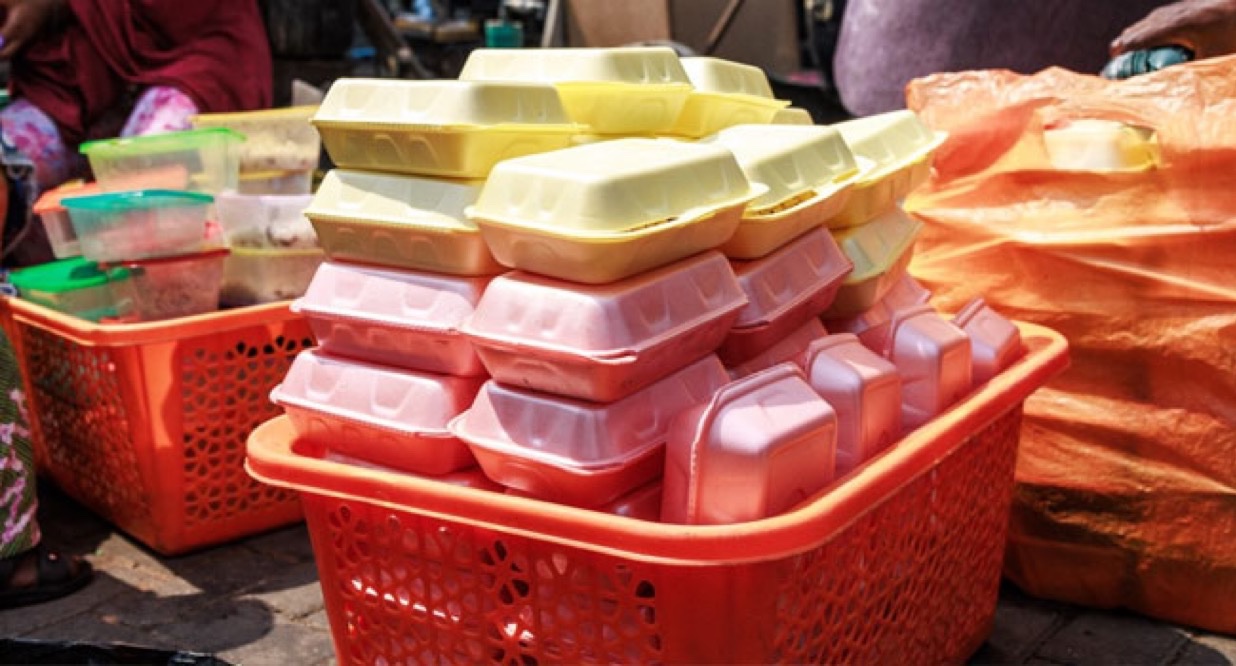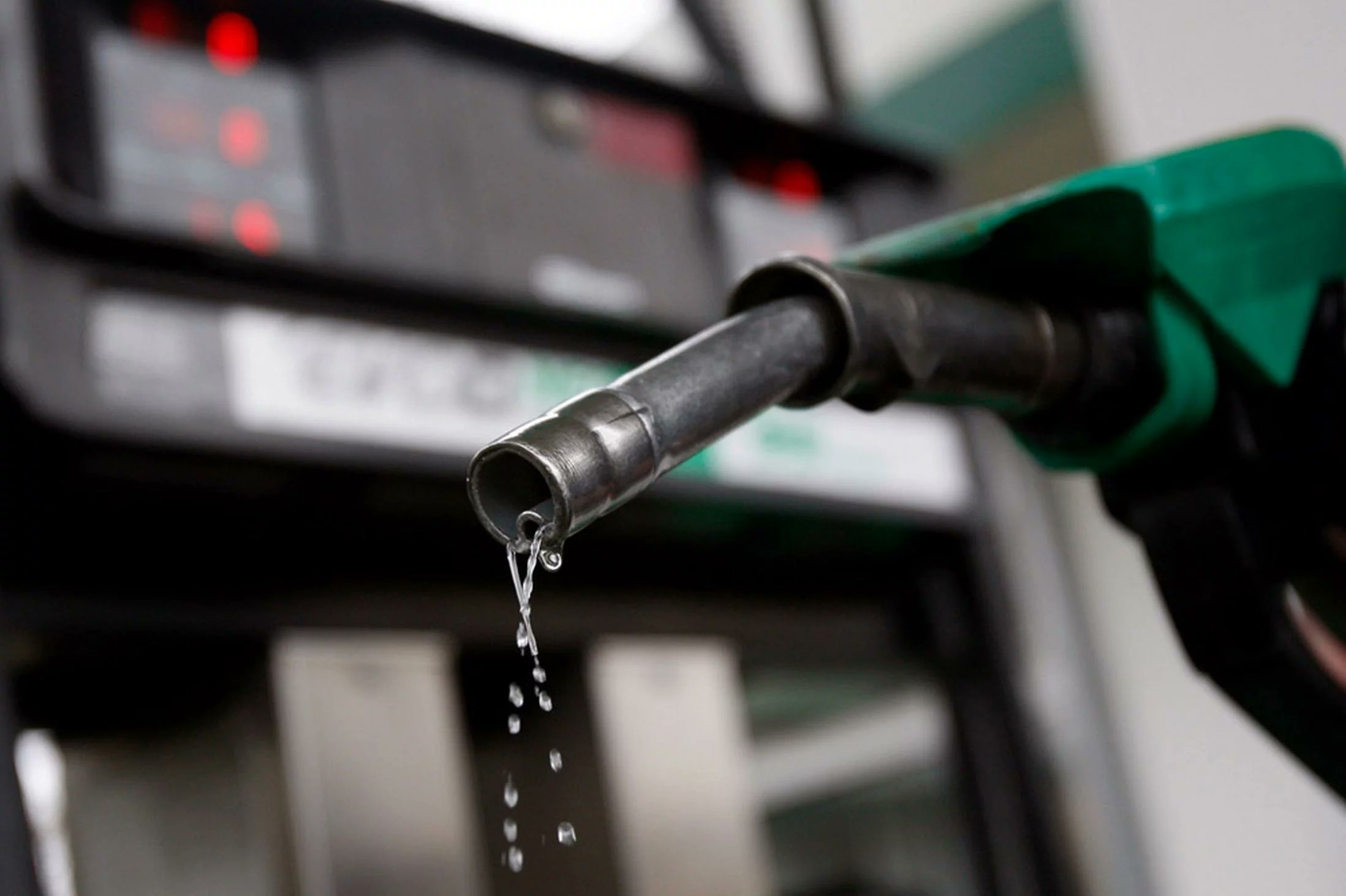Lagos, Nigeria’s bustling commercial hub, is gearing up for a significant environmental milestone: the enforcement of a comprehensive ban on single-use plastics (SUPs) starting July 1, 2025. This bold move, announced by Tokunbo Wahab, the Lagos State Commissioner for Environment and Water Resources, signals the state’s commitment to tackling plastic pollution, reducing environmental degradation, and fostering sustainable practices. In this detailed blog post, we’ll explore the specifics of the ban, its implications for residents and businesses, the environmental challenges it aims to address, and how Lagos is positioning itself as a leader in sustainability within Nigeria and beyond.
Why Ban Single-Use Plastics?
Lagos State generates a staggering 13,000 tonnes of waste monthly, with plastics accounting for over 60% of this volume. This translates to approximately 850,000 tons of plastic waste annually, of which less than 10% is recycled. Single-use plastics, such as plastic straws, cutlery, carrier bags, polystyrene containers, and sachet water pouches, are among the most problematic contributors. These items, designed for one-time use, often end up clogging drainage systems, polluting waterways, and harming marine ecosystems. The environmental toll is evident in frequent flooding, littered streets, and degraded natural habitats across the state.
The decision to ban SUPs builds on the success of Lagos’ 2024 Styrofoam ban, which significantly reduced the presence of polystyrene litter in drainage systems and public spaces. Encouraged by this achievement, the state government has engaged in an 18-month stakeholder consultation process to ensure the SUP ban is practical, inclusive, and effective. The announcement came during a courtesy visit by Tetra Pak West Africa Limited at the Alausa Secretariat in Ikeja, where Commissioner Wahab emphasized the government’s strategic approach to environmental policy.
What Does the Ban Entail?
The SUP ban, initially slated for January 2025 but postponed to July 1, 2025, to allow for broader stakeholder preparedness, targets a wide range of single-use plastic products. These include:
-
Plastic straws and cutlery: Commonly used in restaurants and fast-food outlets.
-
Carrier bags: Widely used in markets and retail stores.
-
Polystyrene containers: Popular for food packaging, especially in the informal food sector.
-
Sachet water pouches: A staple for affordable drinking water across Nigeria.
The ban aims to eliminate the production, distribution, and use of these items within Lagos State. However, the government is adopting a phased implementation to minimize disruption, particularly for businesses and low-income consumers who rely on these products. The Food and Beverages Recyclers Alliance (FBBRA) has reported a 70% compliance rate among its members, indicating significant progress in aligning with the policy.
Stakeholder Engagement and Economic Considerations
Recognizing the economic implications of the ban, the Lagos State Government has prioritized collaboration with key stakeholders, including:
-
Producers and marketers: Companies involved in manufacturing and distributing plastic products.
-
Association for Table Water Producers of Nigeria (ATWAP): Representing over 10,000 workers in Lagos’ sachet water industry.
-
Retail and hospitality sectors: Businesses that heavily rely on SUPs for packaging and service.
ATWAP, in particular, has advocated for a gradual transition to avoid job losses and economic strain. Sachet water, often referred to as “pure water,” is a critical source of affordable drinking water for millions of Lagosians, especially in low-income communities. The government has acknowledged these concerns and is working to ensure alternative solutions, such as biodegradable packaging or reusable containers, are accessible and affordable.
The consultation process has also involved the Food and Beverages Recyclers Alliance, which has played a pivotal role in promoting recycling initiatives. The alliance’s efforts have helped achieve the aforementioned 70% compliance rate, demonstrating that businesses are willing to adapt when provided with clear guidelines and support. Additionally, the state is developing a legal framework to formalize the ban, ensuring it is enforceable and sustainable in the long term.
Environmental Impact: A Cleaner Lagos
The environmental benefits of the SUP ban are expected to be transformative. By targeting single-use plastics, Lagos aims to address several pressing issues:
-
Reduced flooding: Plastic waste, particularly bags and containers, is a major cause of blocked drainage systems, exacerbating flooding during the rainy season.
-
Cleaner waterways: Lagos’ lagoons and rivers, critical to the city’s ecosystem and fishing industry, are heavily polluted by plastic debris.
-
Healthier ecosystems: Marine life and terrestrial animals often suffer from ingesting or becoming entangled in plastic waste.
-
Aesthetic improvement: A reduction in plastic litter will enhance the visual appeal of Lagos’ streets, markets, and public spaces.
The success of the 2024 Styrofoam ban offers a glimpse of what’s possible. Drainage systems have seen less clogging, and public spaces are noticeably cleaner. The SUP ban is expected to amplify these gains, positioning Lagos as a model for other African cities grappling with similar challenges.
Global Context: Learning from Others
Lagos is not alone in its fight against plastic pollution. The state has drawn inspiration from successful bans in other African cities, such as:
-
Kigali, Rwanda: Rwanda implemented a nationwide ban on single-use plastics in 2019, earning praise for its clean streets and robust enforcement.
-
Nairobi, Kenya: Kenya’s 2017 ban on plastic bags has significantly reduced plastic waste, with strict penalties ensuring compliance.
These examples highlight the feasibility of such policies in African contexts, where economic and logistical challenges often complicate environmental initiatives. Lagos’ approach—combining stakeholder engagement, phased implementation, and a focus on recycling—mirrors these successes while addressing the state’s unique circumstances.
Challenges and Opportunities
While the SUP ban is a step in the right direction, it is not without challenges. Key hurdles include:
-
Economic impact: The sachet water industry, for instance, supports thousands of jobs and provides affordable water to millions. Alternatives must be cost-effective to avoid price hikes that could disproportionately affect low-income residents.
-
Enforcement: Ensuring compliance across Lagos’ sprawling urban landscape will require robust monitoring and penalties for violators.
-
Public awareness: Hawkins**: Educating residents about the ban and the benefits of reducing plastic use will be critical to its success.
However, these challenges also present opportunities. The ban could spur innovation in biodegradable packaging, create jobs in the recycling sector, and attract investment in sustainable technologies. Producers are being encouraged to adopt extended producer responsibility (EPR) models, where they track and recycle their products to minimize environmental harm. This could set a precedent for other Nigerian states and even influence national policy.
What Can Residents Do?
As Lagos prepares for the July 1, 2025, enforcement date, residents can take proactive steps to support the ban:
-
Switch to reusable alternatives: Invest in reusable bags, water bottles, and containers.
-
Support eco-friendly businesses: Patronize companies that use sustainable packaging.
-
Recycle: Properly sort and dispose of plastic waste at designated recycling points.
-
Spread awareness: Educate friends and family about the importance of reducing plastic use.
By embracing these changes, Lagosians can contribute to a cleaner, healthier environment while setting an example for future generations.
Looking Ahead: A Sustainable Lagos
The single-use plastics ban is a pivotal moment for Lagos State, reflecting its commitment to environmental stewardship and sustainable development. By addressing the root causes of plastic pollution, the state is not only improving the quality of life for its residents but also positioning itself as a leader in Africa’s sustainability movement. The success of this initiative will depend on collaboration between the government, businesses, and citizens, but the potential rewards—a cleaner, greener, and more resilient Lagos—are well worth the effort.
As we count down to July 1, 2025, let’s rally behind this transformative policy and work together to make Lagos a model of environmental excellence. Stay tuned to our site for updates on the ban’s progress, tips for sustainable living and stories of businesses and individuals making a difference.
What are your thoughts on the single-use plastics ban? How are you preparing for this change? Share your ideas in the comments below!
Join our Whatsapp channel to stay updated always!


